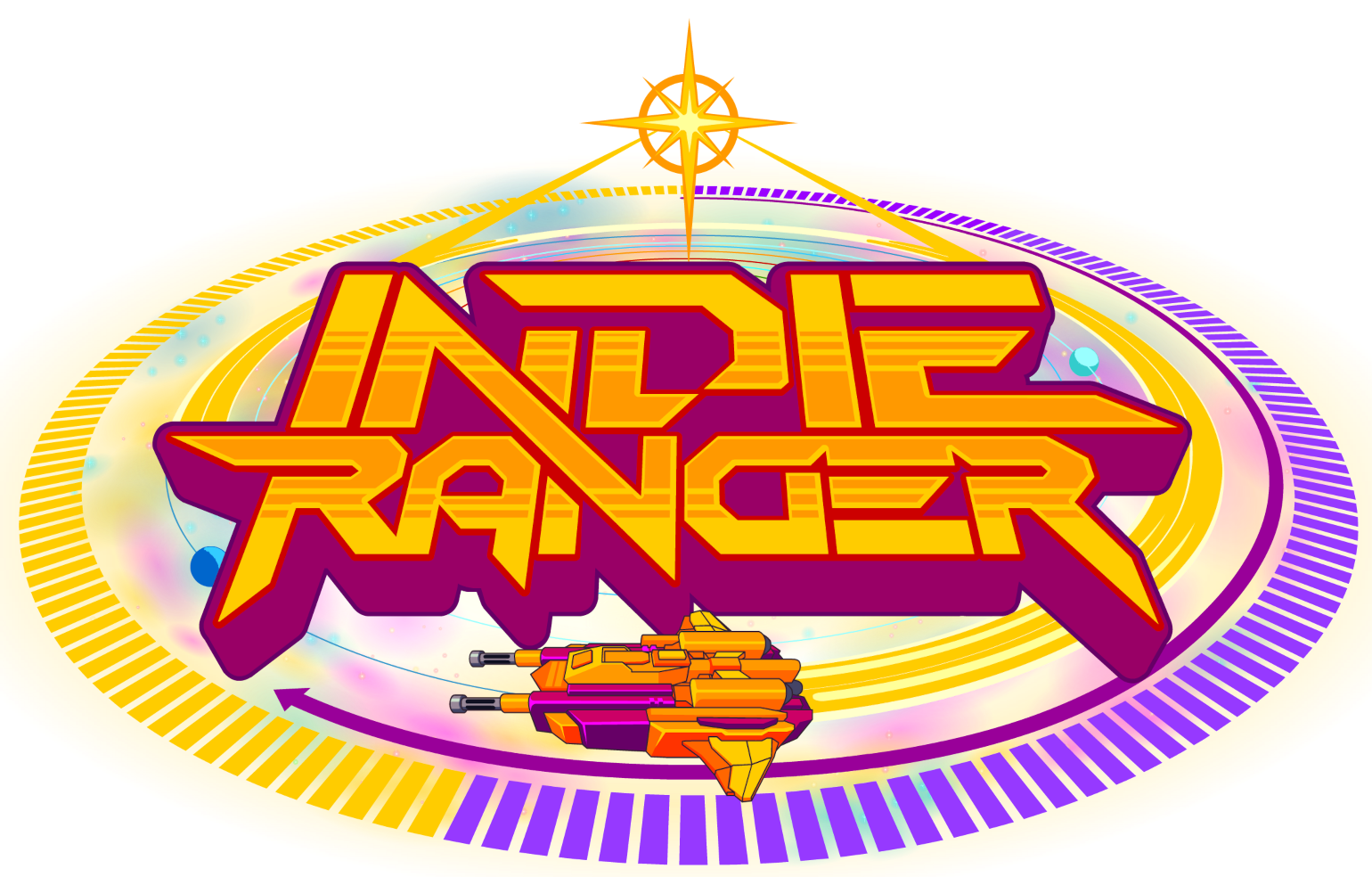Osmotic Studios, the developers behind Orwell, took the concept of “less is more” and rolled with it. It’s a bold strategy, but it paid off.
Orwell put’s the player in the shoes of the Investigator. The role of the Investigator is to protect the citizens of The Nation by invading the privacy of its citizens. Orwell toys with Big Brother, amplifying it to a disturbing, yet believable level. The Investigator is thrown into the mix after a terrorist attack takes place within The Nation. From this point on, using the information available to find clues and to unlock new information, referred to as “data chunks.” Combing through emails, investigating computers and reading text messages will become the main priority as the de-facto Big Brother.
The story is directly affected by the choices made; what information is given/withheld from the Government. These twists and turns make for an elaborate story with multiple ways to play.
What makes Orwell so great is it’s simplicity. All that needs to be done is point, click and drag. There is nothing complex about it.
Orwell offers the player a chance to play this game as they please. Data chunks are highlighted so there is no need to read through lengthy documents. This is great for people who just want to casually play the game without getting too involved with the lore. However, for those of us who are lore junkies, there is nothing restrictions on what you can read like full emails, text conversations and website articles. By doing this, Orwell opens itself up to casual and in-depth players alike.
My biggest issue with the gameplay is the “conflicting data chunks” feature. Conflicting data chunks are when two pieces of data contradict each other, and only one of them can be uploaded. The conflicting data chunks act as the main source of Orwell’s “choice matters” system. However, in more than one instance, a pair of conflicting data chunks can both be valid pieces of information.
For instance, at one point, the advisor must receive a piece of information that he will use to question a suspect. The purpose of the interrogation is to find the next bombing target. Based on the data chunks, the advisor can ask one of two buildings as the next potential target. However, both cannot be chosen because they are conflicting data chunks, forcing the choice to only one of the two. Wouldn’t an interrogator want all possible leads even if they conflict? This, however, is just one tiny bump in an otherwise smooth road.
 There’s not much to talk about when it comes to the graphics because, like with gameplay, they are simple. While playing, it will feel like an actual database. As shown off above, what’s seen on-screen is a dashboard specific to the Orwell system. It looks, feels and operates just like a web browser with the exception that specific URLs cannot be inputted.
There’s not much to talk about when it comes to the graphics because, like with gameplay, they are simple. While playing, it will feel like an actual database. As shown off above, what’s seen on-screen is a dashboard specific to the Orwell system. It looks, feels and operates just like a web browser with the exception that specific URLs cannot be inputted.
This web browser display makes Orwell extremely immersive. While playing, it feels like a true investigation when combing through personal files and documents. The developers went with using geometric shapes as the art style to create faces, logos and photos. Whether it was done as part of the art style or to save money on using models, I’m not really sure. Nonetheless, it’s an interesting concept and it looks extremely well done.
With its multitude of twists and turns in the story, Orwell’s replay value is high. However, I can see how the simplicity of this point and click style game can be repetitive. Personally, I want to give this game another playthrough to switch things up a bit.
There were many moments where I felt so immersed that I actually felt like I was working with a legitimate scenario. Specific parts had my heart rate jump up while other times I found myself fully engaged in the “research.”
Depending on the amount of depth being desired, Orwell can take a few hours — or an entire weekend — to complete.
Orwell: Keeping an Eye on You is available on Steam.
For a full breakdown on how we review games at Indie Ranger, click here.
Travis is a graduate of SUNY Fredonia with a BA in journalism. He has had a passion for gaming ever since he played Pokémon Red Version and Donkey Kong 64. Some of his all-time favorite titles include Halo Reach, Spec Ops: The Line and Fallout: New Vegas. In his free time, Travis enjoys making a hot mess of himself and making situations awkward. Finger guns and puns are his specialties.




